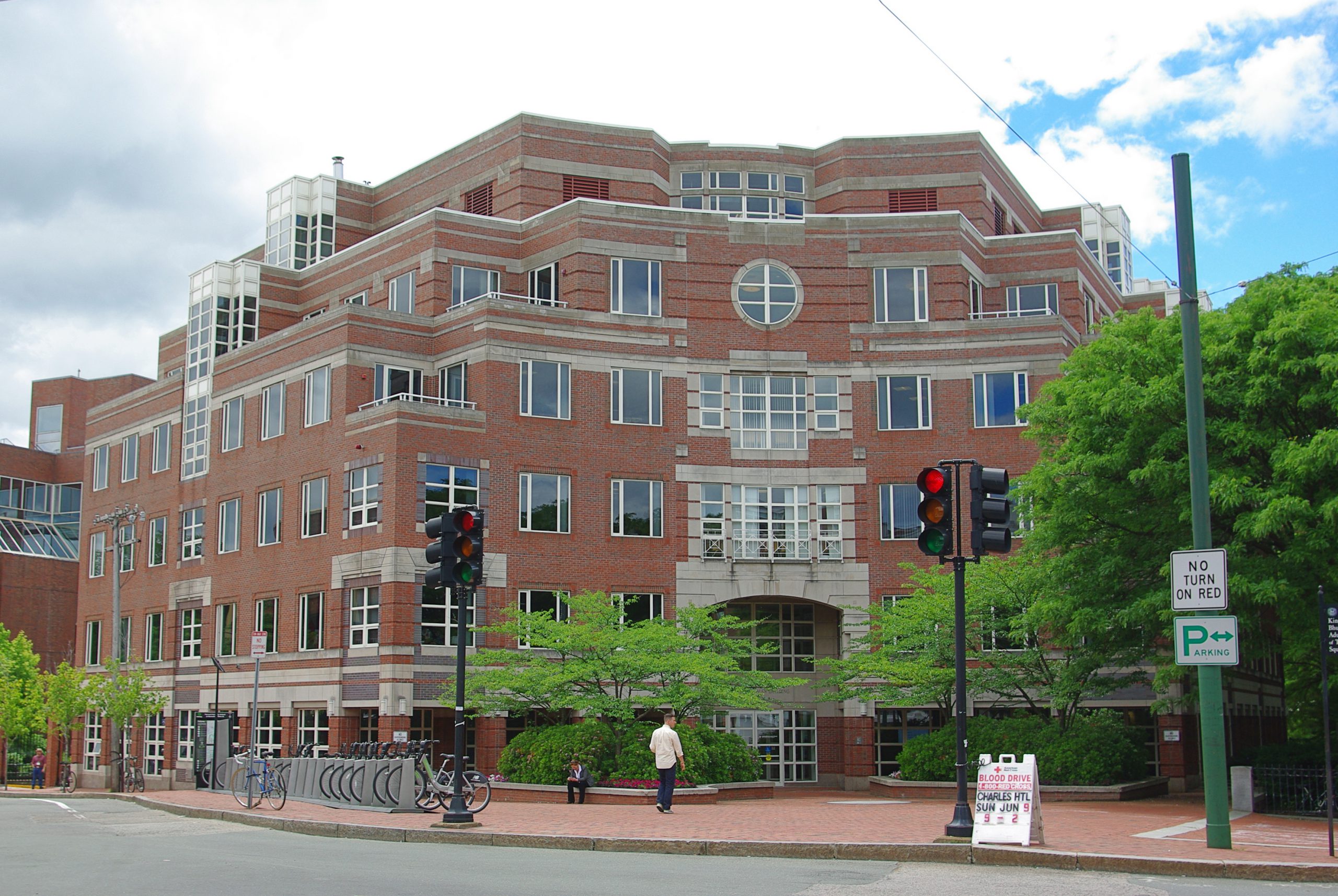From December 4 to December 6, Harvard Institute of Politics staff members carefully checked identification before letting anyone into the elevator of the Taubman Building at the Kennedy School of Government. Occasionally, someone would walk in and ask where the big event was being held. The attendants would then explain that visitors were not allowed through, unless they were on the list. Then the visitor, trying hard to be polite, would say, “Oh, I’m one of the new members of Congress.”
Every election year since 1972, the IOP has invited newly elected members to Cambridge to learn from professors, business leaders, and experts about the country’s most pressing issues. Chrissy Houlihan of Pennsylvania’s 6th Congressional District said that she would be attending classes on cybersecurity and on lowering the cost of prescription drugs. Colorado’s Jason Crow planned to attend a session on empowering families to get out of poverty. The panels are meant to bring the members up to speed on important issues they will have to legislate on, assuming only cursory knowledge of the subjects.
Once the members had a chance to experience the event, the IOP held a media availability attended by a few of the incoming Democrats. When Haley Stevens of Missouri’s 11th District started speaking, a reporter called out, “Could you tell us your name?”, so she and almost all the other representative-elects introduced themselves before their statements. Only Lori Trahan of Massachusetts’ 3rd District, who awkwardly arrived late looking rather confused, did not introduce herself. Representative-elect Stevens spoke with a thick Midwestern accent, which was especially striking when she pronounced “Congress.” She recognized the event as a “capstone,” a final event in the three weeks of “freshman orientation,” and an opportunity “to get to know our colleagues over dinner and other ceremonial activities.”
Colin Allred and Madeline Deary of Texas and Pennsylvania both spoke eloquently about the “honor” of being invited to Harvard. Ayanna Pressley of Massachusetts’ 7th District also spoke, and insisted repeatedly that she was happy that her colleagues were invited “to [her] own district.” The only issue is that the Kennedy School of Government, like most of Harvard, is not in her district. Otherwise, Representative-elect Pressley was charismatic and comfortable.
Perhaps the most interesting member-elect at the event was Andy Levin of Michigan’s 9th Congressional District. He wore pleated khaki pants that were a few sizes too big. The upper part of his chest hair was plainly visible, as was his white undershirt. Based upon his background as an attorney often representing labor organizations and from his distinct appearance at the IOP’s event, it is clear that Levin has represented the working class most of his life. In fact, while at Williams College, Levin led a student effort to insist that his class graduate unrobed rather than wearing robes made at a factory where workers were on strike.
Maybe this background compelled Levin to answer the HPR’s request for comment on the controversy surrounding labor issues at Harvard’s event. Some incoming members denounced organizers for allegedly favoring corporate America at the expense of labor activists. Rashida Tlaib of Michigan’s 13th District, for example, criticized former Goldman Sachs CEO Gary Cohn, who was brought in to address the members. In fact, some protests were staged on Eliot Street in response to the perceived anti-labor bias of the event’s panels overall.
Levin responded, “It was great to meet students formally and informally outside [at the protests]. But we heard from a wide, wide range of views and people who think we need to move very aggressively to transform the power structures of this country and [from] people who, to someone like me, would seem like their main function in life is to keep the power structures in this society just how they are.” It is notable that Pressley, who attended one of those protests, did not step forward to answer the question.
Pressley has not criticized the Harvard organizers, but one of her close colleagues, Representative-elect Alexandria Ocasio-Cortez (D-N.Y.), certainly has. She was not at the availability but tweeted, “Our ‘bipartisan’ Congressional orientation is cohosted by a corporate lobbyist group. Other members have quietly expressed to me their concern that this wasn’t told to us in advance.”
All the members-elect recognized the incredible diversity of the incoming class, including diversity of style. Some members were outspoken while some deferred to the Harvard establishment. Some, like Trahan, who wore a stately red dress, chose formality. Others dressed more like Levin. While Ocasio-Cortez and Pressley may be similar on paper, their differences should not be understated.
Chris Pappas, who will become the first openly gay representative from New Hampshire’s 1st District, told the HPR that he was one of the new members who needed to convince the check-in desk that he did, in fact, belong. On the other hand, when Texas’ eyepatch-wearing Dan Crenshaw walked in, nobody looked twice.
Many of the new members will not have jobs in public office in two or four years’ time, and will pass inconspicuously into the Wikipedia pages of tomorrow. Many will be in Congress for years to come, continually polishing themselves into proper American leaders. When we consider the consequences of elections, it is not enough to say only that the Democrats took the house; there are 110 new additions to Congress this year, and they will form a new, unique generation of leaders.
Image credit: Wikimedia/Bostonian13
